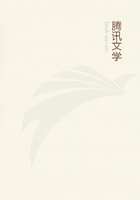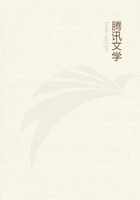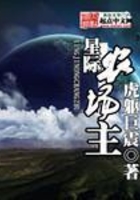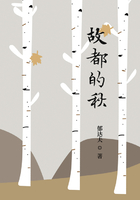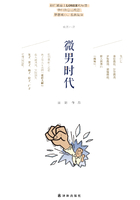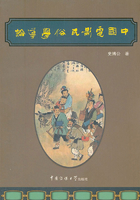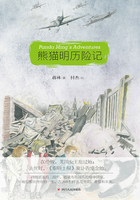EXAMPLE - MODELS.
"Ever their phantoms rise before us, Our loftier brothers, but one in blood;By bed and table they lord it o'er us, With looks of beauty and words of good." - John Sterling.
"Children may be strangled, but Deeds never; they have an indestructible life, both in and out of our consciousness." -George Eliot.
"There is no action of man in this life, which is not the beginning of so long a chain of consequences, as that no human providence is high enough to give us a prospect to the end." - Thomas of Malmesbury.
Example is one of the most potent of instructors, though it teaches without a tongue. It is the practical school of mankind, working by action, which is always more forcible than words. Precept may point to us the way, but it is silent continuous example, conveyed to us by habits, and living with us in fact, that carries us along.
Good advice has its weight: but without the accompaniment of a good example it is of comparatively small influence; and it will be found that the common saying of "Do as I say, not as I do," is usually reversed in the actual experience of life.
All persons are more or less apt to learn through the eye rather than the ear; and, whatever is seen in fact, makes a far deeper impression than anything that is merely read or heard. This is especially the case in early youth, when the eye is the chief inlet of knowledge. Whatever children see they unconsciously imitate.
They insensibly come to resemble those who are about them - as insects take the colour of the leaves they feed on. Hence the vast importance of domestic training. For whatever may be the efficiency of schools, the examples set in our Homes must always be of vastly greater influence in forming the characters of our future men and women. The Home is the crystal of society - the nucleus of national character; and from that source, be it pure or tainted, issue the habits, principles and maxims, which govern public as well as private life. The nation comes from the nursery. Public opinion itself is for the most part the outgrowth of the home; and the best philanthropy comes from the fireside. "To love the little platoon we belong to in society," says Burke, "is the germ of all public affections." From this little central spot, the human sympathies may extend in an ever widening circle, until the world is embraced; for, though true philanthropy, like charity, begins at home, assuredly it does not end there.
Example in conduct, therefore, even in apparently trivial matters, is of no light moment, inasmuch as it is constantly becoming inwoven with the lives of others, and contributing to form their natures for better or for worse. The characters of parents are thus constantly repeated in their children; and the acts of affection, discipline, industry, and self-control, which they daily exemplify, live and act when all else which may have been learned through the ear has long been forgotten. Hence a wise man was accustomed to speak of his children as his "future state." Even the mute action and unconscious look of a parent may give a stamp to the character which is never effaced; and who can tell how much evil act has been stayed by the thought of some good parent, whose memory their children may not sully by the commission of an unworthy deed, or the indulgence of an impure thought? The veriest trifles thus become of importance in influencing the characters of men. "A kiss from my mother," said West, "made me a painter." It is on the direction of such seeming trifles when children that the future happiness and success of men mainly depend. Fowell Buxton, when occupying an eminent and influential station in life, wrote to his mother, "I constantly feel, especially in action and exertion for others, the effects of principles early implanted by you in my mind." Buxton was also accustomed to remember with gratitude the obligations which he owed to an illiterate man, a gamekeeper, named Abraham Plastow, with whom he played, and rode, and sported - a man who could neither read nor write, but was full of natural good sense and mother-wit. "What made him particularly valuable," says Buxton, "were his principles of integrity and honour. He never said or did a thing in the absence of my mother of which she would have disapproved. He always held up the highest standard of integrity, and filled our youthful minds with sentiments as pure and as generous as could be found in the writings of Seneca or Cicero. Such was my first instructor, and, I must add, my best."Lord Langdale, looking back upon the admirable example set him by his mother, declared, "If the whole world were put into one scale, and my mother into the other, the world would kick the beam." Mrs.
Schimmel Penninck, in her old age, was accustomed to call to mind the personal influence exercised by her mother upon the society amidst which she moved. When she entered a room it had the effect of immediately raising the tone of the conversation, and as if purifying the moral atmosphere - all seeming to breathe more freely, and stand more erectly. "In her presence," says the daughter, "I became for the time transformed into another person."So much does she moral health depend upon the moral atmosphere that is breathed, and so great is the influence daily exercised by parents over their children by living a life before their eyes, that perhaps the best system of parental instruction might be summed up in these two words: "Improve thyself."There is something solemn and awful in the thought that there is not an act done or a word uttered by a human being but carries with it a train of consequences, the end of which we may never trace.
Not one but, to a certain extent, gives a colour to our life, and insensibly influences the lives of those about us. The good deed or word will live, even though we may not see it fructify, but so will the bad; and no person is so insignificant as to be sure that his example will not do good on the one hand, or evil on the other.


